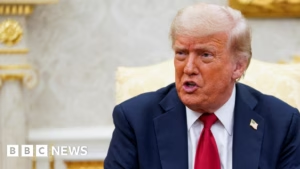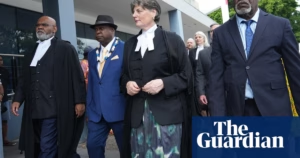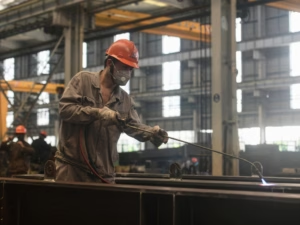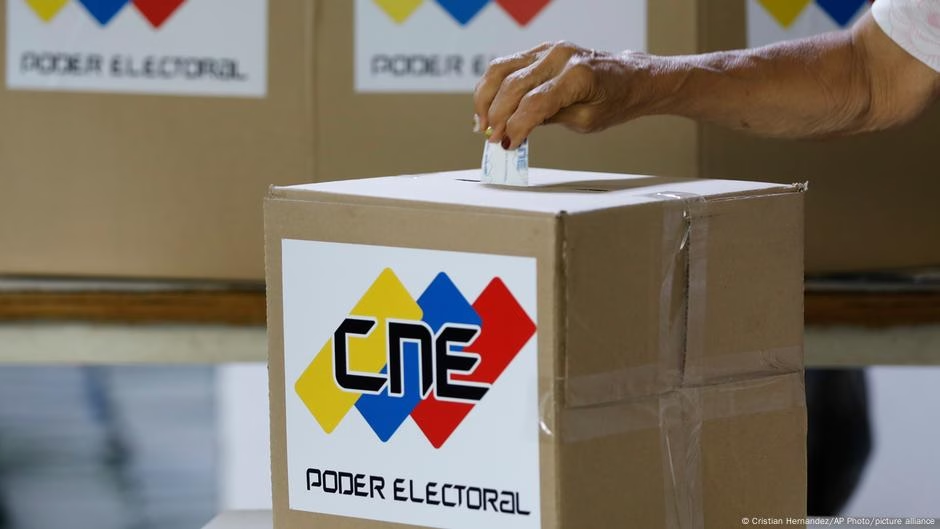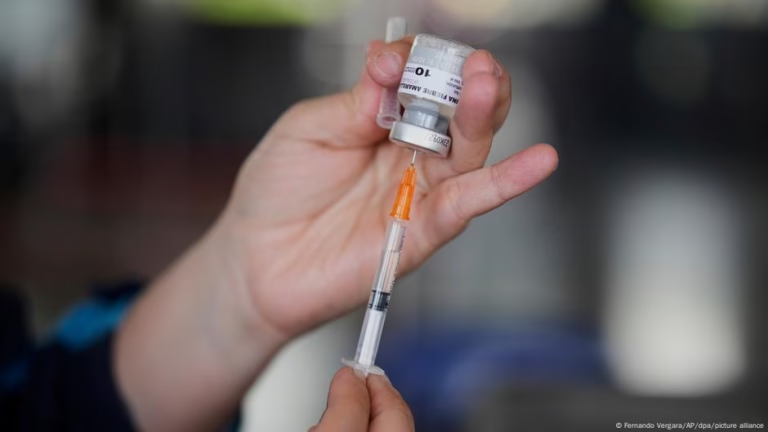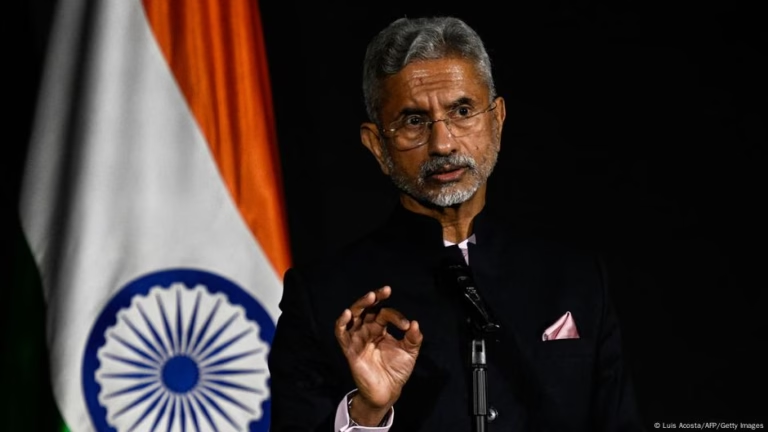On Sunday, citizens of Venezuela will participate in elections for lawmakers, governors, and other officials amid heightened government repression and increasing calls from the opposition to abstain from voting.
This election event marks the first significant voting opportunity with extensive voter eligibility since the presidential election of the previous year. Incumbent President Nicolas Maduro declared victory in the last presidential poll, despite there being credible evidence of electoral fraud.
Details on the Venezuela Elections:
Nearly 21.4 million citizens are registered to vote in the 2025 parliamentary and regional elections. The vote will decide the seats of 285 deputies to the National Assembly, 24 state governors, and 260 regional legislators. However, a recent nationwide poll conducted by Venezuela-based firm Delphos between April 29 and May 4 reported that only 15.9% of respondents expressed a strong likelihood of voting. Among this group, 74.2% expressed support for candidates from Maduro’s United Socialist Party of Venezuela (PSUV) and its allies. Conversely, just 13.8% favored candidates aligned with opposition figures who have chosen not to boycott the elections.
Opposition’s Call for Boycott:
Venezuela’s main opposition, led by former MP and engineer Maria Corina Machado, has urged voters to boycott the upcoming elections, labeling them a “parody” designed to legitimize President Nicolas Maduro’s rule. Just before the vote, Maduro’s government detained individuals, including a prominent opposition leader, alleging they were involved in a plot to disrupt the election. The opposition argues that participating in the elections lends credibility to Maduro’s power and his government’s repressive measures.
Following the July 2024 presidential election, over 2,000 people, including protesters, poll workers, political activists, and minors, were detained in a crackdown on dissent. Many countries recognized opposition candidate Edmundo Gonzalez Urrutia as the rightful victor. A smaller opposition faction led by two-time presidential candidate Henrique Capriles has rejected the boycott, arguing that low voter turnout in previous elections has only aided Maduro in consolidating his control.
In response to the opposition’s victory in the 2015 National Assembly elections, Maduro established a Constituent Assembly in 2017 that effectively nullified the legislative body’s powers. From then until 2020, Venezuela operated under two rival legislatures, until the Constituent Assembly was eventually dissolved. Currently, the National Assembly—now under the full control of the ruling party—serves as the principal legislative authority in Venezuela.
Source: https://www.dw.com/en/venezuelans-head-to-polls-as-opposition-urges-boycott/a-72662366?maca=en-rss-en-all-1573-rdf
